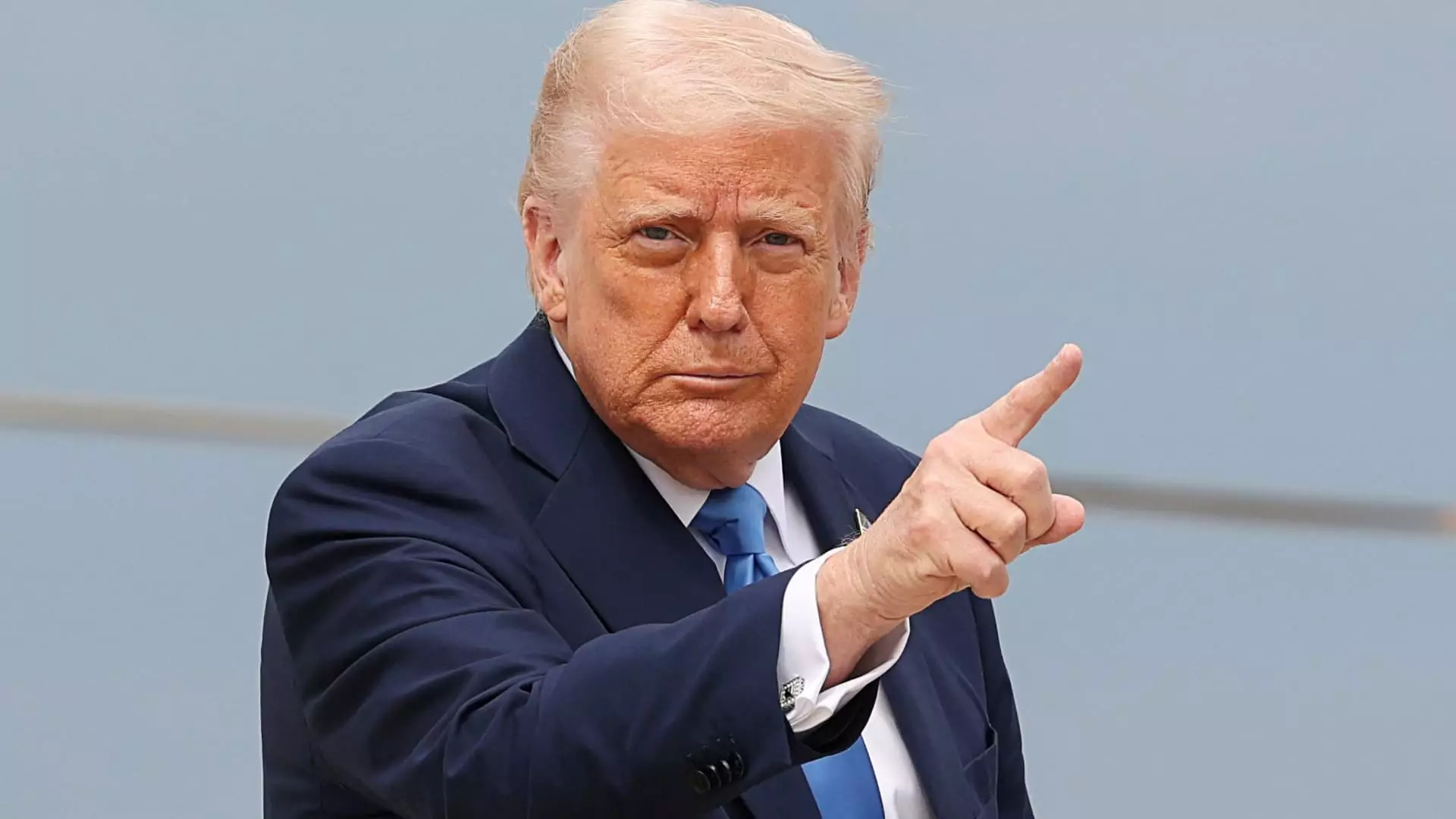In a shocking escalation, the Trump administration is extending its controversial stance against diversity, equity, and inclusion (DEI) programs beyond U.S. borders, targeting European companies with stringent demands. Reports indicate that American government officials have sent stern letters to firms across France and the EU, asserting that adherence to a recently enacted executive order banning DEI initiatives is mandatory for those wanting to retain lucrative U.S. government contracts. This maneuver exemplifies a problematic trend that could lead to heightened global tensions and a chipping away of cooperative international relations.
Questioning European Values
The essence of this initiative raises significant questions about the fundamental values that underpin both American and European societies. The letters demand that companies certify their compliance with U.S. anti-discrimination laws while also asserting that participation in DEI programs may constitute a violation of these laws. This directive not only undermines the efforts of countless organizations that strive to promote inclusion and equity in the workplace, but also sends a message that the U.S. government views innovation in social justice as a potential liability. The stark departure from shared Western ideals of equality and inclusivity mirrors a worrying trend toward insularity and disregard for the progress made in diverse societies.
A Potential Fallout for Businesses
For many companies—especially those operating in sectors like aviation, defense, and consulting—failure to comply with these demands could jeopardize their contracts and their financial stability. With the stakes this high, firms face an agonizing moral dilemma: should they abandon their DEI initiatives, which often foster innovation and better working conditions, in exchange for retaining essential government revenue? This predicament illustrates the adverse impacts of political maneuvering on businesses and their ability to engage in responsible corporate practices.
Transatlantic Tensions on the Rise
This move comes at a time when transatlantic relations are already at a boiling point, exacerbated by tariffs threatened on European goods and diplomatic tensions surrounding issues like the invasion of Ukraine. The French finance ministry has raised alarm bells, stating that the approaches taken by the U.S. administration do not align with the values that France holds dear. By putting pressure on foreign firms to abandon DEI programs under the threat of contract loss, the Trump administration risks fracturing alliances that have been nurtured over decades. This is not merely a policy choice; it’s a geopolitical gamble.
The Broader Implications
As we dissect the implications of these actions, we cannot ignore the message it sends globally: that adherence to principles of diversity and equity can be punished by the very government that has historically championed these ideals. Furthermore, this initiative may very well inspire other nations to adopt similar measures, resulting in a cascade of backlash that demoralizes efforts for global inclusivity. And yet, in an ironic twist, the very corporations that are victimized may ultimately lead the charge for reform as they push back against this unyielding government overreach. This crisis could ignite a powerful movement that reaffirms the importance of DEI on a global scale, making the struggle worth it not just for individuals, but for the collective societal good.


Leave a Reply